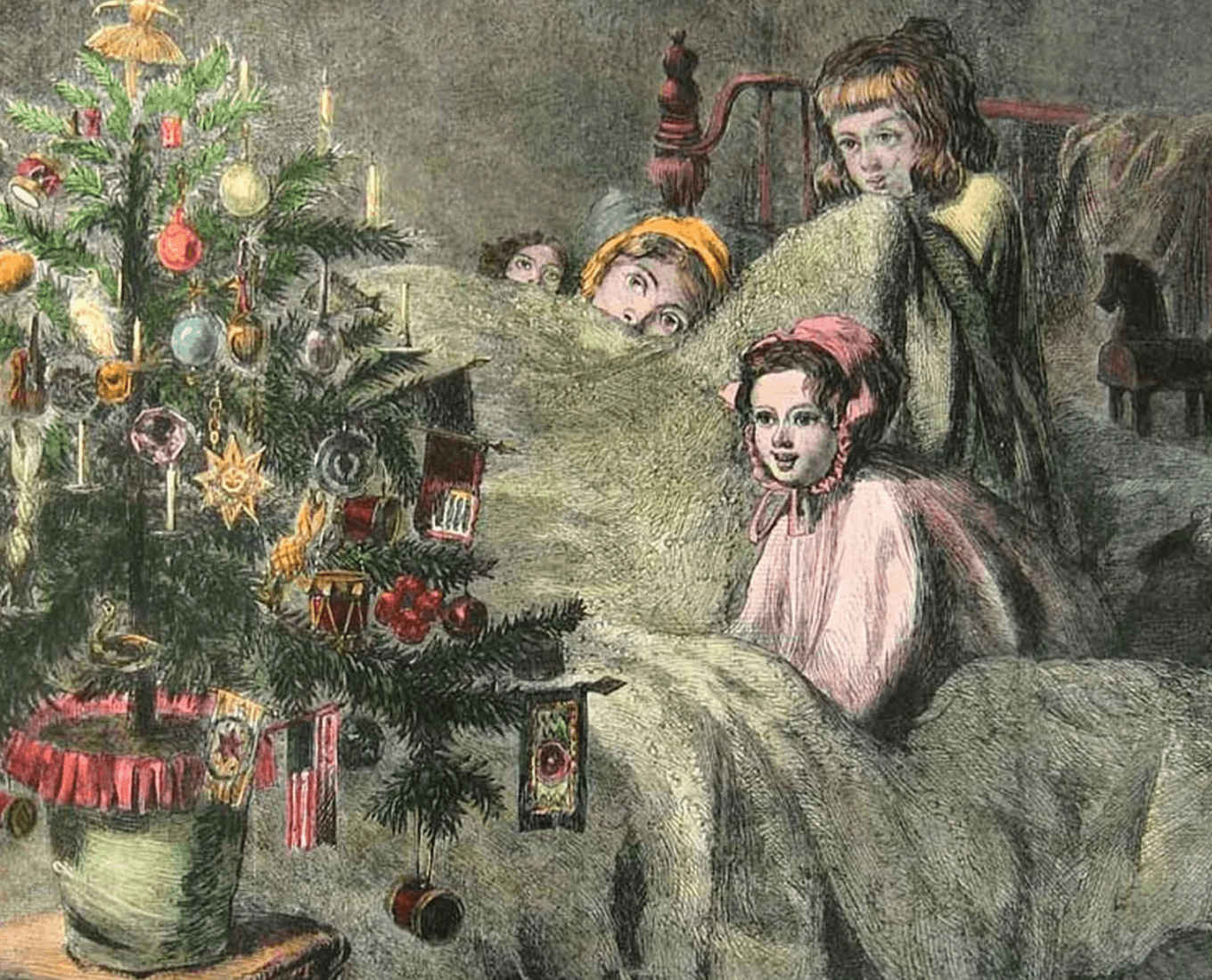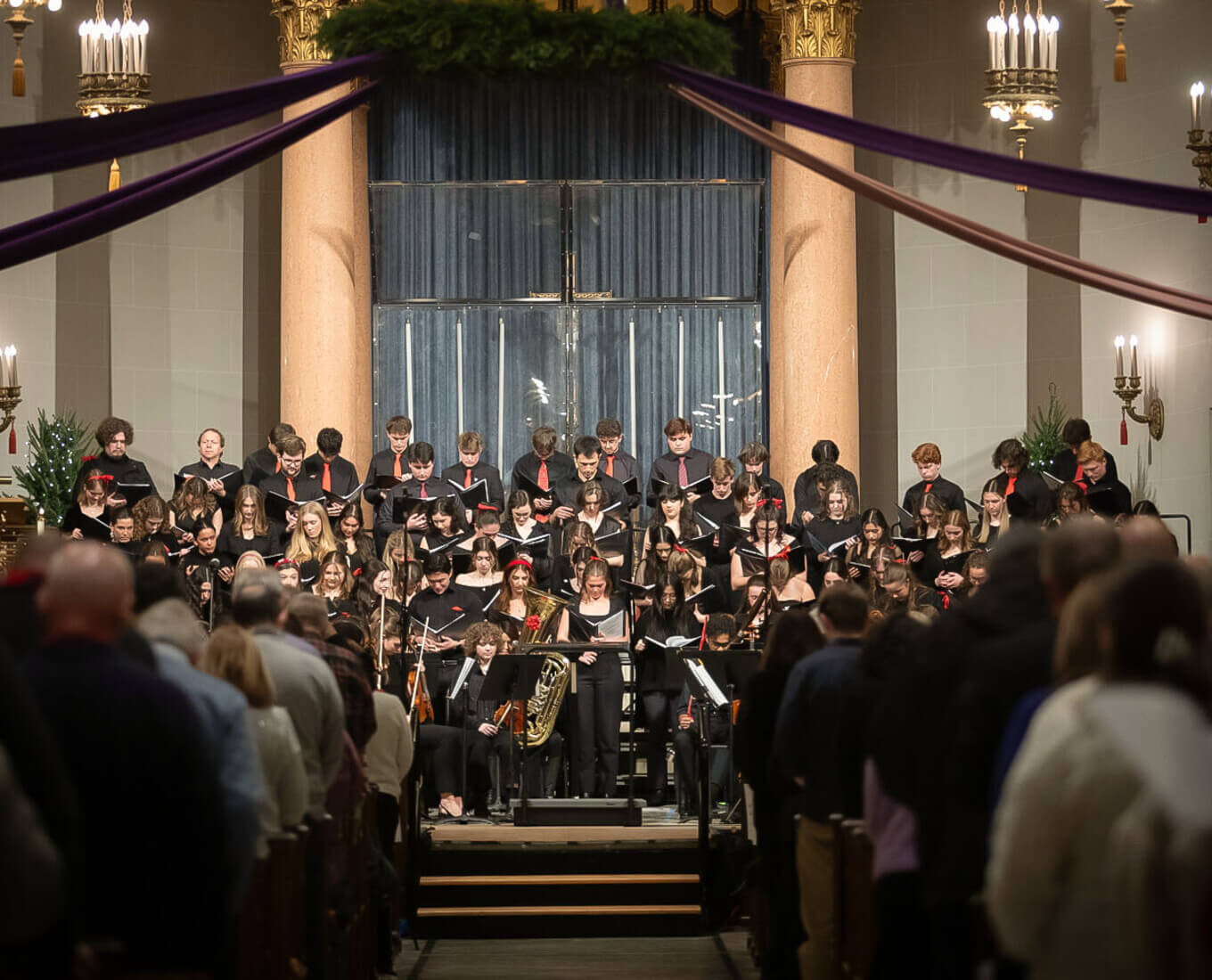WORCESTER, Mass. – Evgeny Kiselev, a prominent Russian journalist and political analyst known for his bulldog style of reporting, will deliver the annual Condé Nast Lecture on Media, Ethics and Values on Oct. 16 at 4 p.m. in Rehm Library at the College of the Holy Cross. The talk, titled “The End of Freedom? Oil, Islam and the Press in Putin’s Russia,” is free and open to the public.
Kiselev, once described as a Russian Walter Cronkite, will address the sometimes-deadly struggle within Russia to preserve press freedom. “In Russia, new repressive legislation, violence, and financial and government pressures have all combined to make the life of working journalists almost intolerable,” Johann P. Fritz, director of the International Press Institute, said in September 2003, after the executive board voted to keep the country on the IPI Watch List. (The board reaffirmed this decision on May 15, 2004.) Kiselev will discuss his own experiences with censorship, including the government takeover of his Independent TV network (NTV), and the ethical decisions that confront members of the Russian press daily as they work in what Reporters Without Borders, an international non-governmental organization that advocates freedom of the press, has described as “one of the world’s deadliest countries for journalists.”
Kiselev has been covering domestic and international politics for different Russian media — mostly major TV stations — for almost 20 years. In 1992 he became the most well-known journalist in Russia when he started to produce and host “Itogi” (“Wrap-Up”), a weekly current affairs show modeled on “60 Minutes” that concentrated mainly on the analysis of Russian domestic political news. Kiselev soon became a household name, and “Itogi” successfully ran on different channels for more than a decade, and was considered by many to be the most influential television program of its kind in Russia.
In 1993, Kiselev joined a group of leading Russian television professionals who turned to Vladimir Gusinsky, one of post-communist Russia’s newly emergent tycoons, to start Independent TV (NTV), the first Russian privately-owned and independent broadcasting company. NTV became famous for introducing the highest modern standards of news coverage and entertainment programming in Russia, winning huge popularity with viewers.
At the same time NTV quickly fell out with the government because of its independent and sometimes highly critical style of reporting, especially after the start of the 1994 war in the breakaway Muslim republic of Chechnya. During the war, NTV journalists stationed in Chechnya’s capital city of Grozny provided the audience with stunning reportage that graphically contradicted the official version of events provided by state-controlled television stations.
In 1995 in New York, Kiselev was awarded the prestigious International Press Freedom Award by the Committee to Protect Journalists for coverage of the war in Chechnya by his “Itogi” television show. Later he also produced and hosted a number of other successful award-winning political shows and documentaries. In 2000, shortly before Vladimir Putin’s election to the Russian presidency, Kiselev became general director of NTV.
In April 2001, he was forced to leave NTV after a hostile takeover by Gazprom, the Russian state gas monopoly, that was widely reported at the time and viewed by many as politically engineered by the new government in order to check the independent editorial line of NTV. More than 100 leading NTV journalists left the station in an unprecedented show of protest and support.
In the years to follow, Kiselev took part in a number of other independent television projects that were, however, closed down one by one by the government, intent on controlling Russian television for political purposes. Like many other Russian broadcasters banned from the television profession, Kiselev took to radio and newspaper journalism that still enjoys more freedom than television news in today’s Russia but is far less influential.
At present, Kiselev hosts a weekly current affairs program on Echo of Moscow, the leading radio station in the Russian capital. He also writes a column for Vedomosti, an established Russian daily jointly published by the Financial Times and Wall Street Journal. He contributes to the Russian editions of Forbes and GQ magazines, and also writes regularly for Gazeta.Ru, the leading Russian Internet newspaper.
Previous speakers in the series include David Brooks, columnist for The New York Times; David Remnick, editor of The New Yorker; Matthew Rose, reporter for the Wall Street Journal; Eric Schlosser, author of Fast Food Nation; and Peter Steinfels, columnist for The New York Times.
The lecture is made possible by a gift from Condé Nast Publications, coordinated by the company’s former president and CEO Steve Florio, parent of graduates from the classes of 2000 and 2003.
Condé Nast publishes numerous magazines including The New Yorker, Vogue, Architectural Digest, Vanity Fair, Bon Appetit and Gourmet. Condé Nast Publications mission stresses its commitment “to journalistic integrity, influential reporting and superior design.”
The event is co-sponsored by the Center for Religion, Ethics and Culture, the Center for Interdisciplinary and Special Studies, and the departments of Modern Languages and Literatures, History, and Political Science.
Prominent Russian Journalist to Give Talk on ‘Oil, Islam and the Press in Putin’s Russia’
Read Time
4 Minutes


